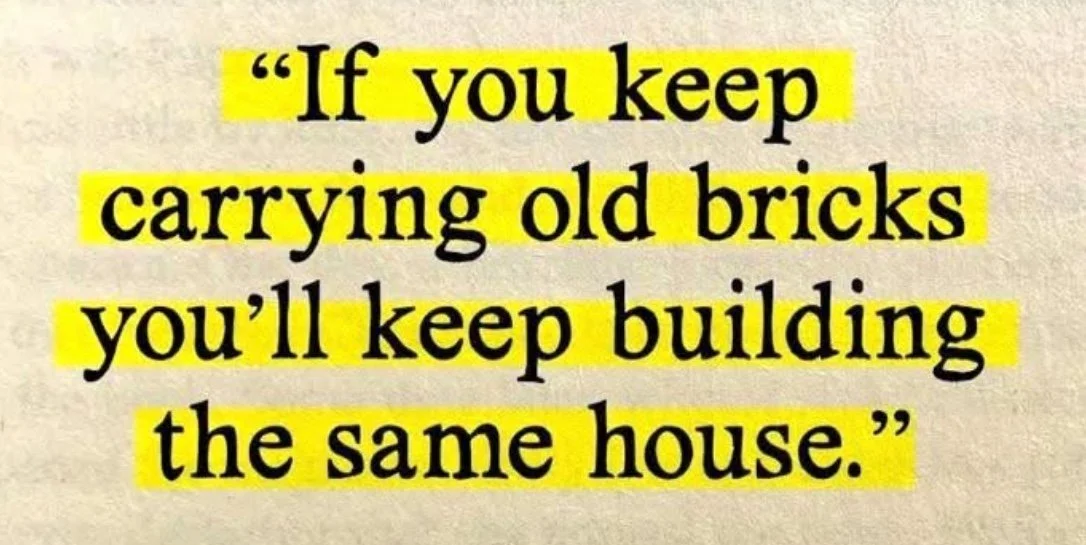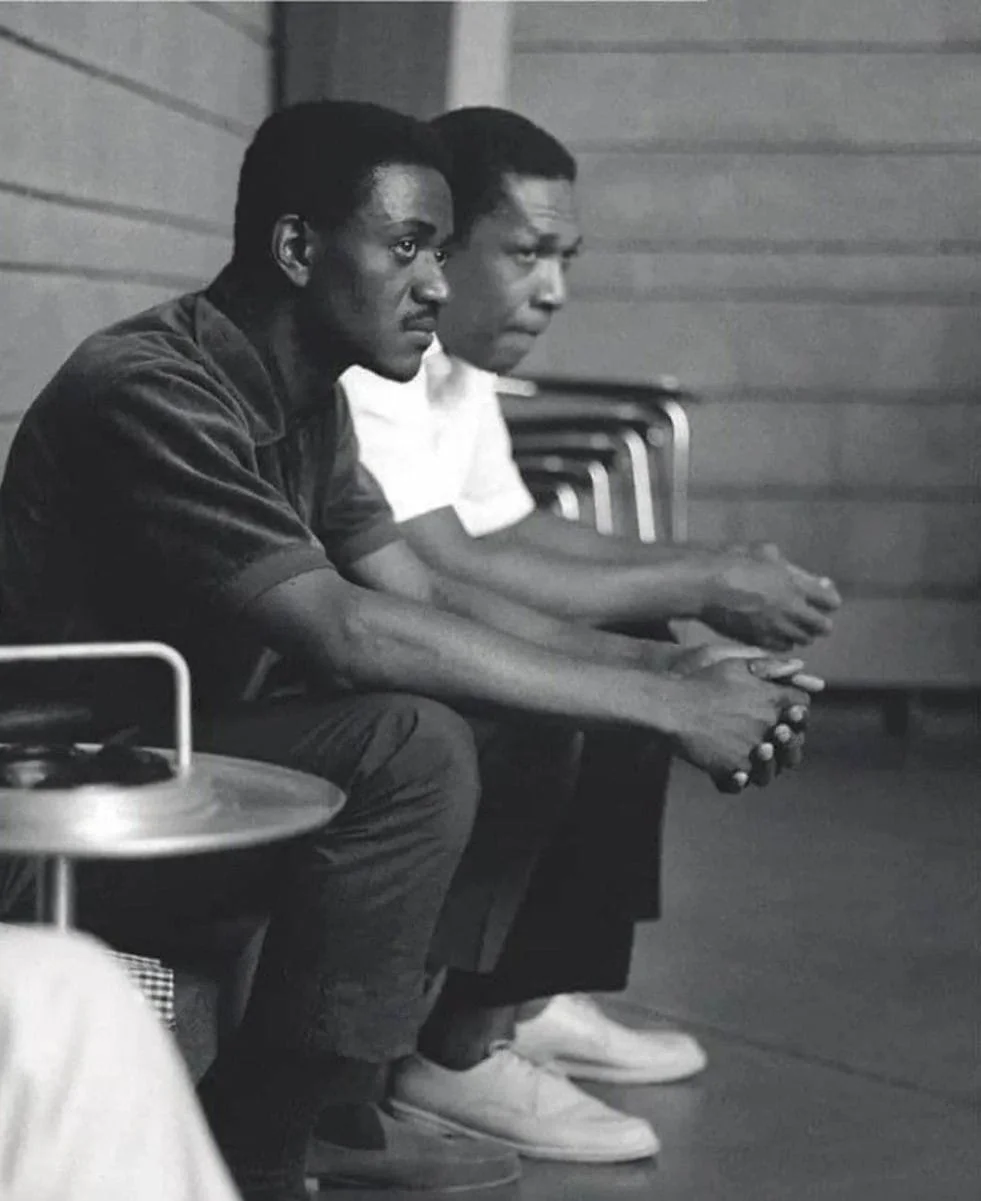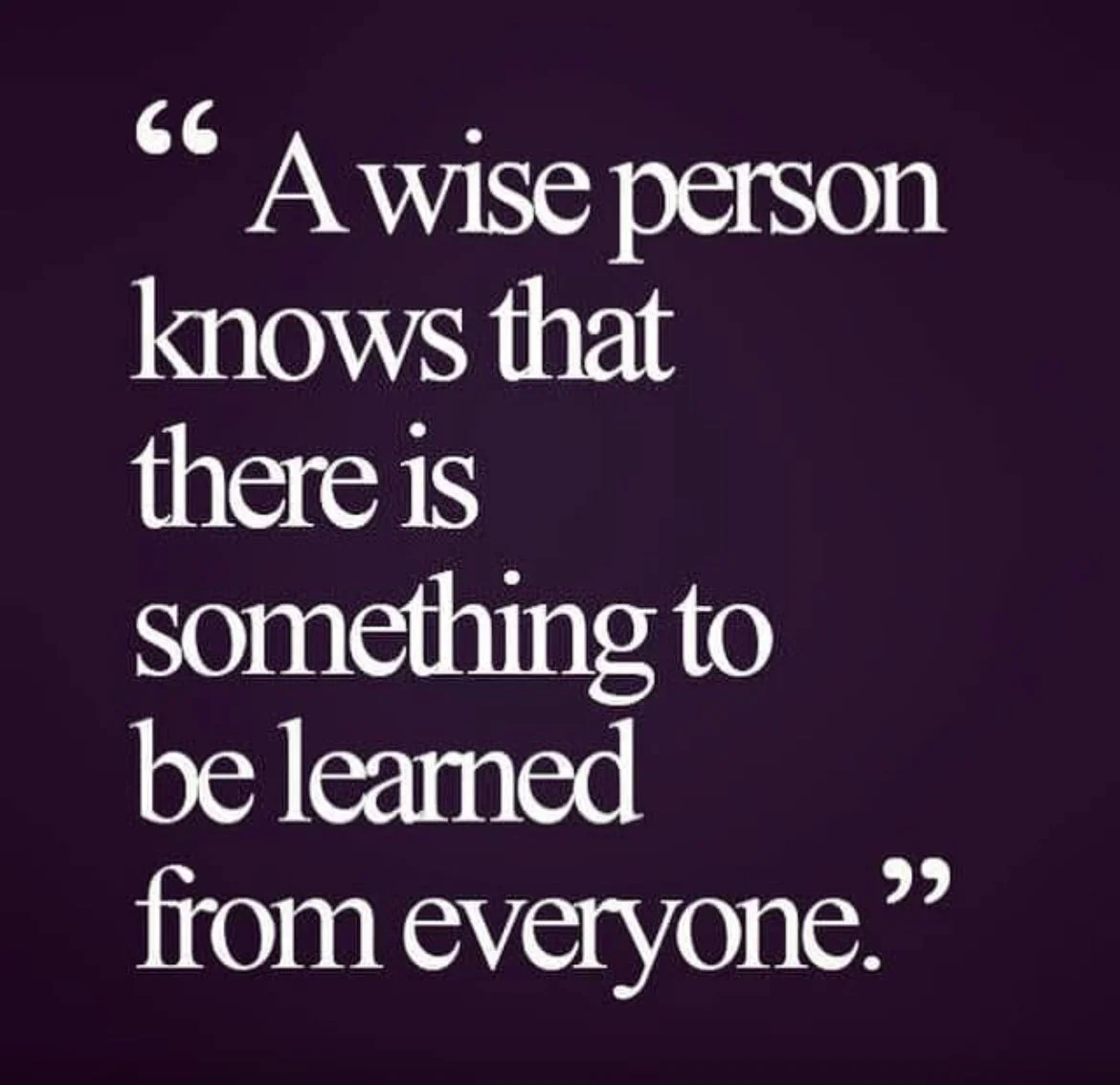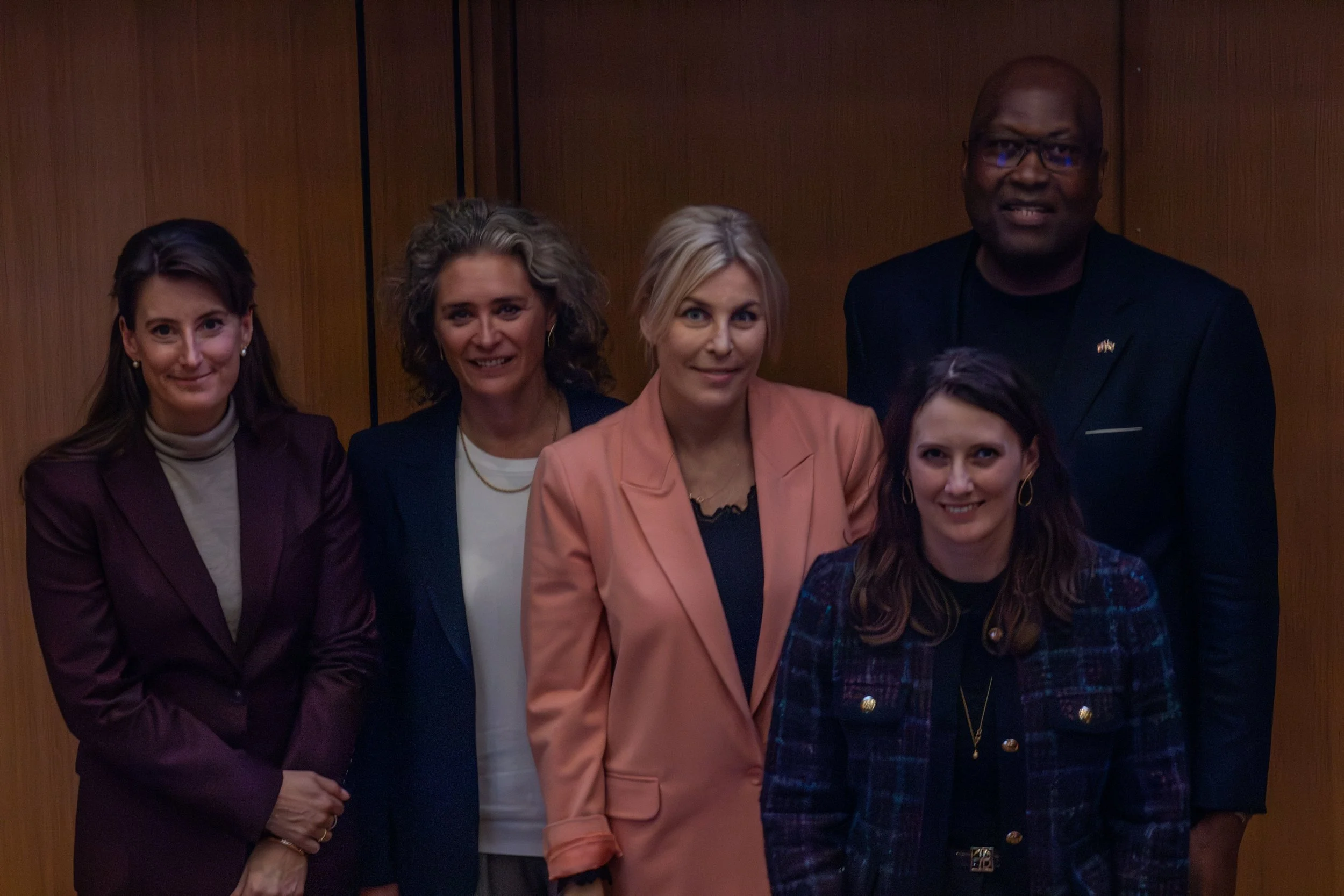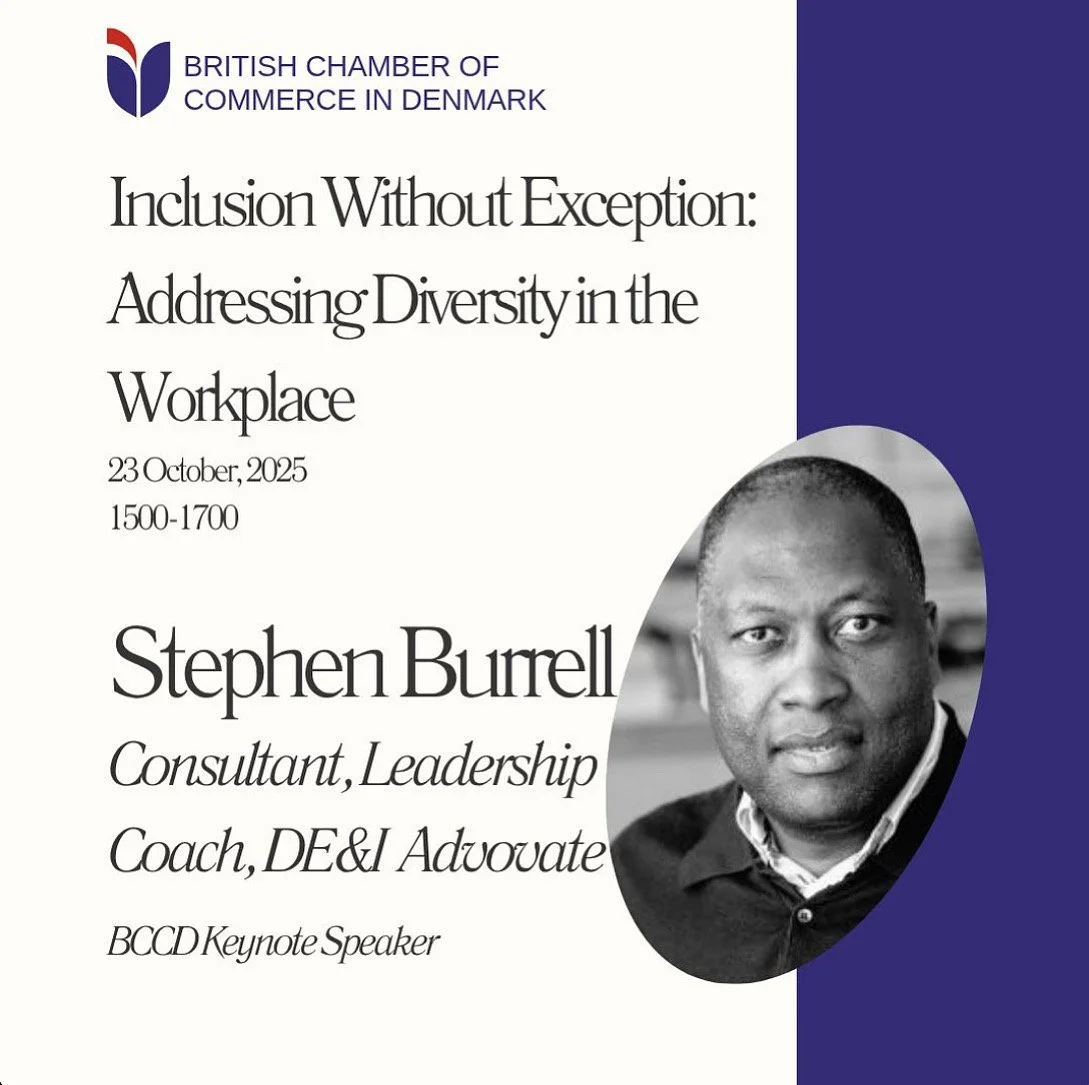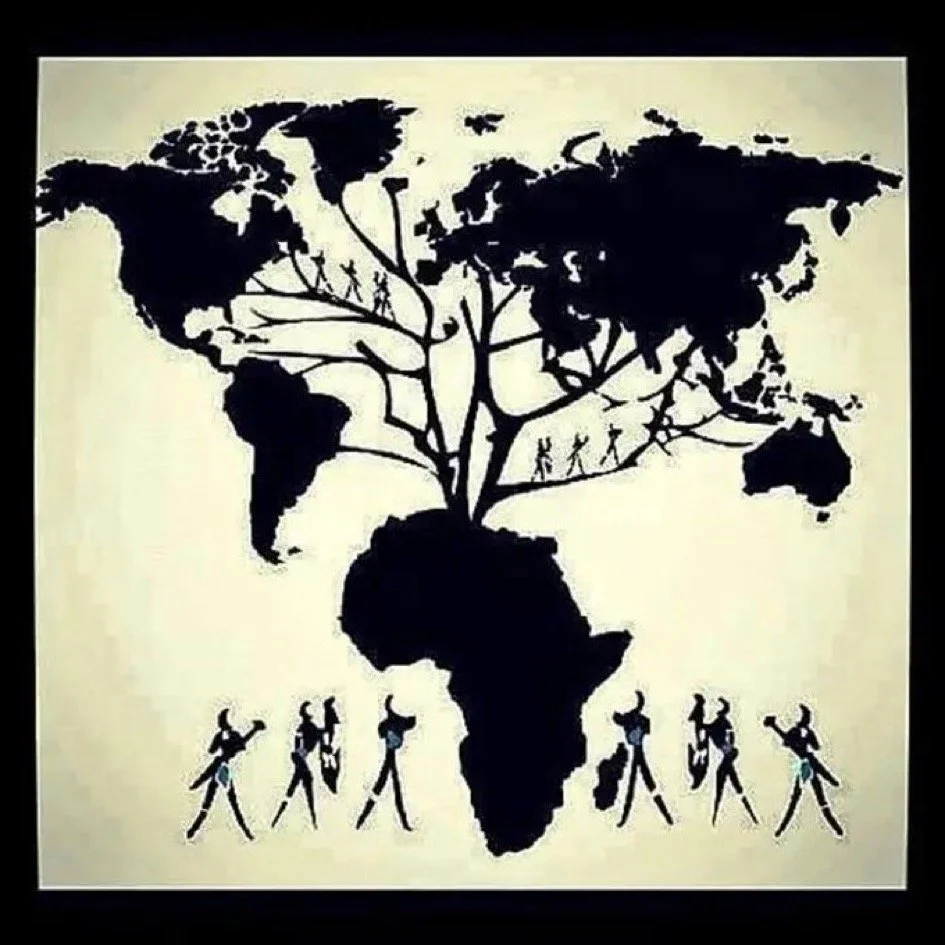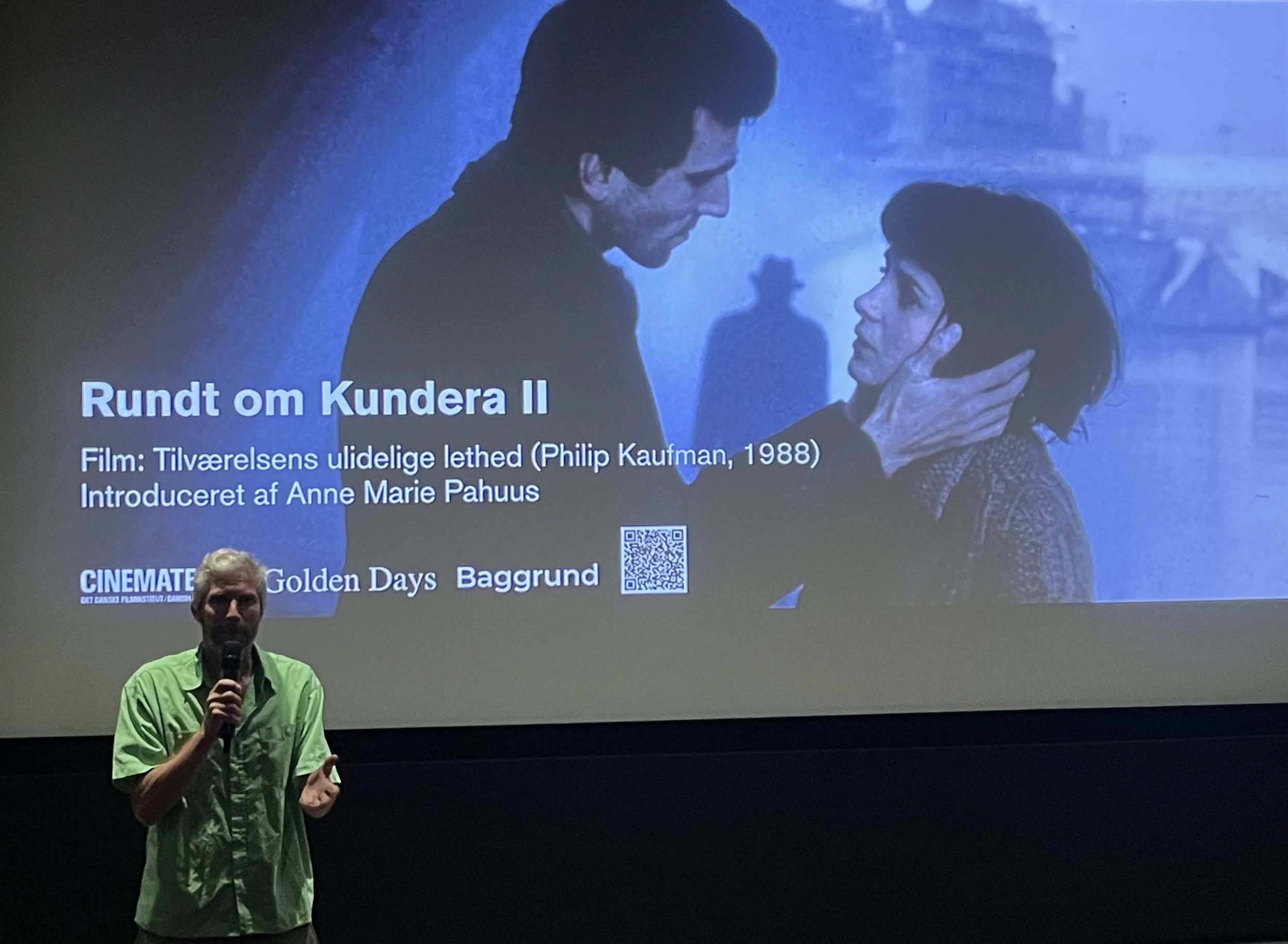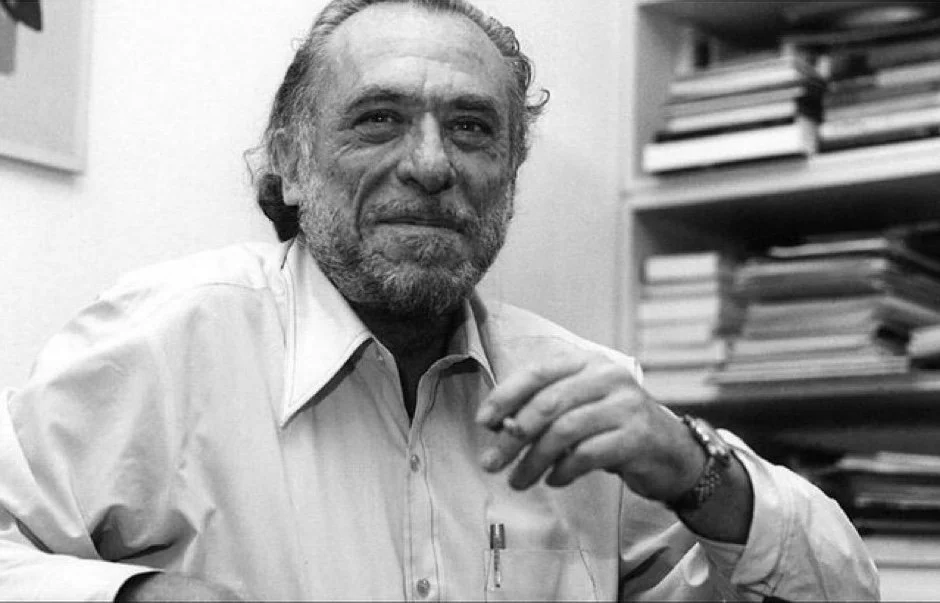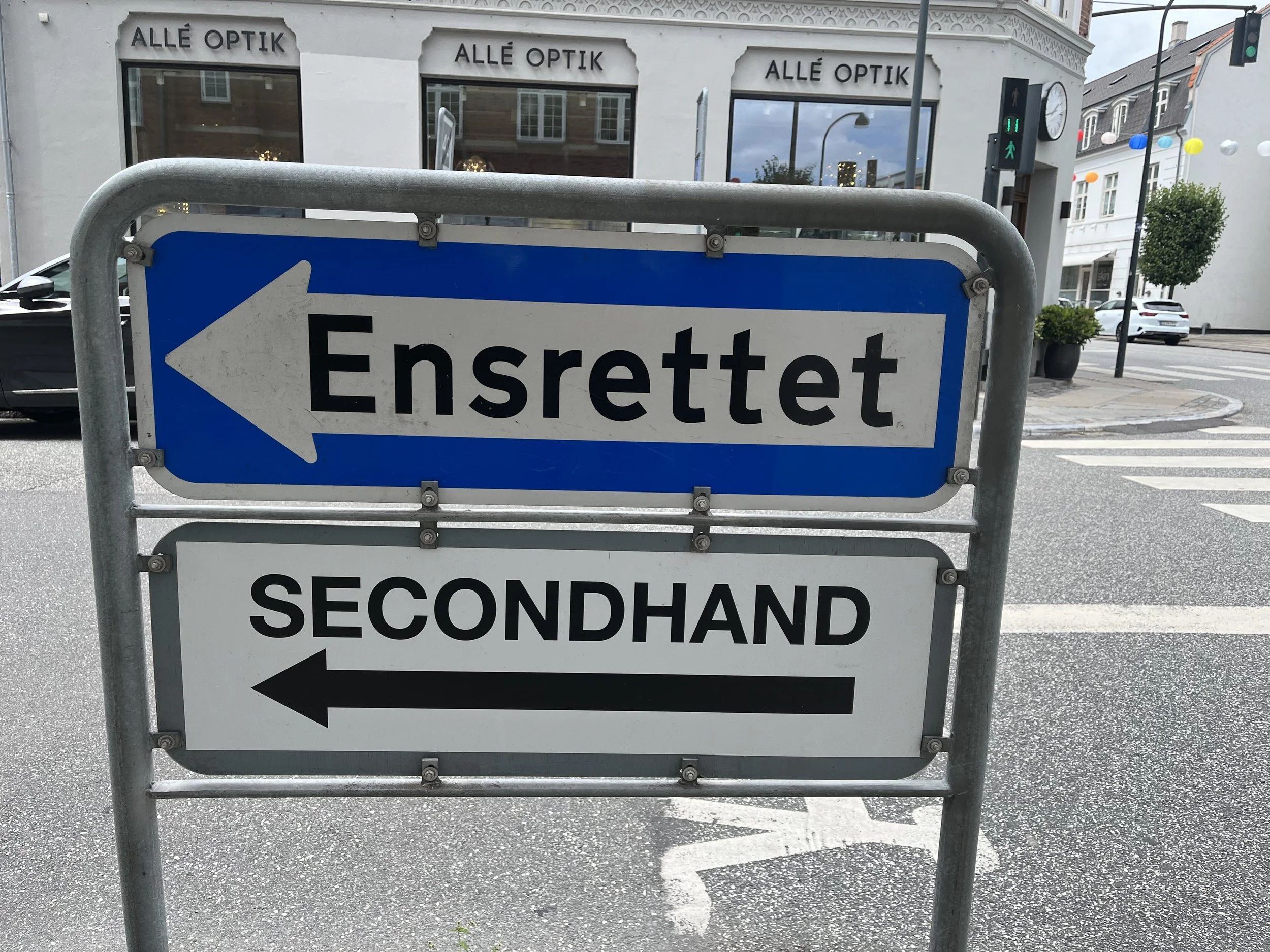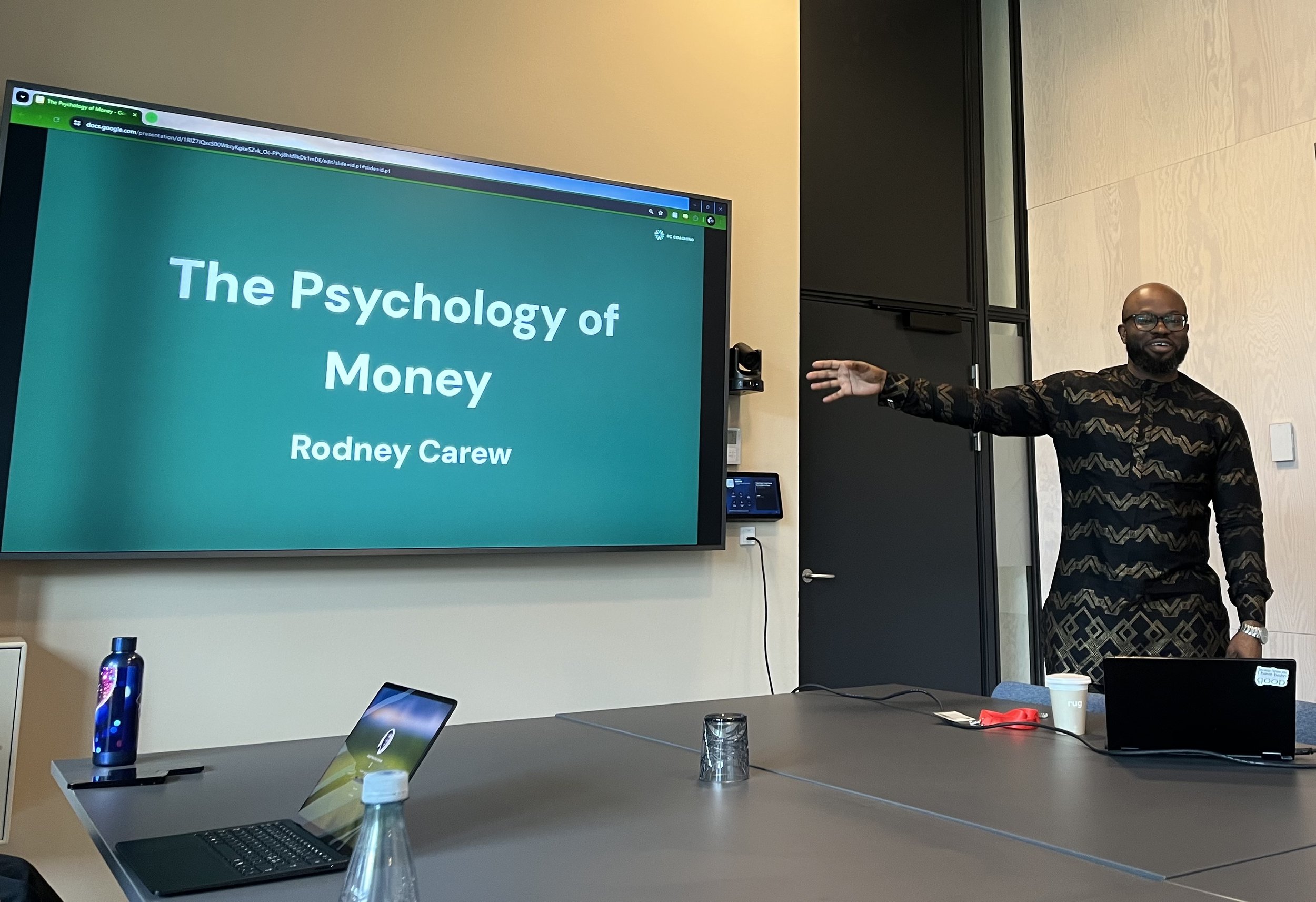All data is, by definition, historical. It tells us what has already happened, not what will happen next. When it comes to DEIB, there is often an expectation of an impossible standard of proof: that we can demonstrate with absolute certainty and predictability that an initiative will succeed before the work even begins. This expectation ignores the reality that cultural change cannot be measured or guaranteed in advance in the same way as financial investments. The question leaders need to ask is this: What happens when DEIB is treated as discretionary and easily replaced by short-term financial considerations? What is the long-term cost to trust, belonging, innovation, and organisational resilience?
The matrix diagram
c/o Kogulan Kugathasan on LinkedIn
What can we do at the strategy phase to make sure we have a solid foothold to implement?
I simply think we need to create the conditions for people to succeed as this begins long before implementation. At the strategy phase, ensure that individuals are adequately supported, trained, and empowered to build the next generation of what the organisation needs. Too often leaders fail to resource their teams, and when progress stalls they decide that DEIB is the issue rather than recognising the gaps in structure, support, and commitment.
A strong strategy phase should also include:
- Clear ownership and accountability so that responsibility does not disappear into the organisation.
- Defined success measures that connect to business outcomes, not abstract ideals.
- Alignment with existing organisational priorities so DEIB is not treated as an add-on.
- A realistic assessment of capability and capacity, including whether leaders themselves are prepared for the behavioural shifts required.
- Time-bound commitments supported by budget, tools, and ongoing development.
When these foundations are in place, implementation becomes a natural extension of a strategy that leaders genuinely stand behind rather than a task delegated without support.
International Men's Day
The very qualities that many men are taught to hide, e.g. emotional openness and sensitivity, are essential for survival and wellbeing. Rather than being inherently too aggressive, men are often programmed to channel their pain through destructive means. This can manifest as violence, addiction, isolation, or uncontrollable rage, as these become the only acceptable outlets for emotional distress. When these destructive avenues fail to provide relief, men may turn inward, imploding rather than expressing what they feel.
Tragically, this cycle of suppression and destructive expression has serious consequences. Many lives might have been saved if men had felt able to acknowledge and process their pain. If only they had paused to feel rather than ignore, cried rather than concealed their emotions, spoken out instead of self-destructing, or reached out for support before giving up entirely. The ongoing internal battle cannot be won through silence; it requires courageous honesty, shared at the right moment with the right person.
Contact me via this link if you ever want to talk.
What is psychological safety?
c/o Maja de Silva
Psychological safety is a shared belief among team members that it is safe to take interpersonal risks, for example, to speak up, share ideas, or admit mistakes without fear of retribution, humiliation, or harsh criticism. The concept was first defined by Amy Edmondson, Professor at Harvard Business School.
Psychological safety does not mean that everyone must always agree or avoid difficult conversations. It does not encourage false harmony or unearned praise. Instead, it allows for candour, constructive disagreement, and the free exchange of ideas.
When psychological safety is present, everyone’s voice matters. People feel encouraged to ask questions, raise concerns, and offer new perspectives. Edmondson used “the soil, not the seed” as a metaphor for the environment that allows learning and growth to happen.
In organisations with high psychological safety, good things happen:
· Mistakes are reported quickly, allowing for rapid corrective action.
· Collaboration across teams and departments becomes seamless.
· Innovative, game-changing ideas are shared rather than hidden.
I think psychological safety is therefore not a “soft” concept, it is a strategic source of value creation in complex, fast-changing environments where learning, adaptability, and innovation are essential. What do you think?
How to improve psychological safety
To improve psychological safety, leaders must:
Encourage open dialogue and active listening, especially around difficult topics
Reward those who raise concerns, rather than isolate them
Create systems where feedback is not just heard but acted upon
Psychological safety is not only about avoiding conflict; it is about creating an environment where truth can be spoken and heard.
A seat at the table
What does DEI look like in the workplace?
I think DEI is really this casual term used to describe the various, strategies, initiatives, programs, policies, etc., that foster representation and participation of individuals from a variety of backgrounds. From my experience over the years, I have identified 6 focus areas that DEI work falls under:
1. Leadership Engagement - Do your leaders, walk the talk or is it just lip service? What are your leadership expectations and inclusive best practices.
2. Communication - How does your company embed DEI into your internal and external interactions?
3. Recruiting - How do you evolve your mindsets, practices, partnerships that we use to attract talent?
4. Data and Impact - How do you establish a useable dataset both quantitative and qualitative that you can use to make really informed decisions and identify solutions to problem solve or troubleshoot inequities?
5. Employee Enablement - How do you establish shared ownership and fostering inclusive and equitable workplaces?
6. Employee Development - How does your company ensure that all employees have equitable access to resources, training, etc., to further develop their careers?
In my opinion the vast majority of DEI will fall into one or more of these categories. And what is imperative in DEI work is a strong emphasis on change management and organisational development.
The takeaways
At the Brotherhood for Professional of Color (BPoC), we are an inclusive community where shared experiences spark meaningful and thought-provoking conversations (both in person and online). Think of BPoC as your partner in the room: a space where your voice, ideas, and perspectives matter.
I hope you leave today’s session with a thought or insight that continues to inspire reflection and exploration. Today was an invitation to notice, to stay curious, and to engage with how your international colleagues and neighbours show up every day. Bringing their unique stories, strengths, and ways of being to our shared spaces is gift to the Danish society.
““We must become the change we seek.””
Facts on Friday
Just because you fit, it doesn’t mean that you belong.
One week to go
Over analysing
What does DEI mean to me?
It means that no matter your race, religion, gender identity or expression, ability, age, background, or orientation, you should have the opportunity to contribute fully to society. The challenge is that while many organizations say hiring and promotion are based on merit and skills, biases often creep in. And when that happens, decisions fall back on “people like us.” That’s why I think DEI isn’t just a value, it’s the ongoing work of breaking those patterns and opening doors for everyone.
Inclusion isn’t an event
Denmark is facing a significant challenge in retaining internationals with Copenhagen Capacity’s recent Export Survey 2025, highlighted that 50% of internationals leave within 5 years.
Dansk Erhverv states that internationals contribute over 361 billion DKK to the Danish economy with over 330,000 internationals in full-time employment based on Q1 and Q2 2025 figures. The big question is why is workplace inclusion so hard to implement?
A proverb with meaning
““Give a man a fish and you feed him for a day. Teach him how to fish and you feed him for a lifetime.””
The underpinning philosophy is still enlightening to this day, even though this proverb is from thousands of years ago. In today’s context, truly empowering communities means working with local partners at the forefront and supporting their needs. Often, it requires you to resist the urge to present yourself as the agent of change, taking a step back and sitting in the background. I think real impact comes from enabling others to lead.
The Unbearable Lightness of Being
Historically DEI has been an add on to HR and people management roles, however, post COVID that has changed and we are seeing more defined roles with clear roles and responsibilities. The path to working in the DEI space can vary significantly, I know plenty of people who entered the space through recruiting, HR, L&D, psychologist, etc. I came in through with my creative identity and commercial experience and simply wanted to make a transition into the DEI space. I think it’s important to identify your existing transferable skills and then work on strengthening the others you don’t have. What do you think?
Speak up
Every now and then, I feel the need to simplify the DEI acronyms and today was one of those days.
Diversity refers to the presence of different people within a group or organisation, for example, people of different races, cultures, backgrounds, abilities, and identities.
Equity is about fairness and justice, for example, ensuring that everyone has access to the same opportunities by recognising and addressing systemic barriers.
Inclusion is the intentional practice of welcoming, respecting, and valuing people who have historically been excluded, whether due to race, sexuality, ability, or other aspects of their identity.
We are one
Growing up in South London and later moving to Copenhagen has shown me that there is not much difference among people in Northern Europe. We are all human beings who want to be liked and understood, and we all hold passions and beliefs. I think the key is to ensure those beliefs are grounded in facts rather than opinions, biases, or stereotypes.
““No one will really understand politics until they understand that politicians are not trying to solve our problems. They are trying to solve their problems - of which getting elected and re-elected are number one and number two. Whatever is number three is far behind.” ”
Employee fulfilment
There are three fundamental needs people must have met to feel fulfilled in the workplace: autonomy, competence, and relatedness.
Autonomy means having the freedom to make decisions and manage one’s work. Competence is the sense of knowing how to do something well and feeling that this knowledge is both valued and put to use. Relatedness is the feeling of being connected with others.
When these three needs are met, employees can work and function in ways that are highly satisfying for themselves while also delivering strong results for their employers and clients.
We also belong here
When we assert our dignity, intelligence, or leadership, we are often labelled "uppity" or "difficult" which is a form of social policing meant to put us "back in our place." There are a lot of painful and persistent truths that resonates deeply with many people of colour, especially Black and brown individuals navigating spaces where systemic bias still thrives. This is why spaces that affirm our worth, celebrate our excellence, and centre our voices, for example, the Brotherhood for Professionals of Color (BPoC) are so critical. They don’t just counter the false narratives; they help us heal, thrive, and lead without apology.
““Sometimes I want to treat people how they treat me. But l can’t because that’s not my character.“”
The issues remain
DEI was created because marginalised communities have not always had equal opportunities for jobs or felt a sense of belonging in majority-White corporate settings. In 2023, 61% of US adults said their workplace had policies focusing on fairness in hiring, promotions or pay. I have some questions regarding your DEI policies:
Who is formulating the questions?
How are the answers structured?
Who is providing the responses?
And in what emotional state are they responding?
International Women's Day
You are a passionate, creative woman. You may not have all the answers, but you should always know your worth. It didn’t take me long to accept you for who you are, and I will not tolerate being around anyone who makes you feel anything less.
““Truly powerful women don’t explain why they want respect. They simply don’t engage with those who don’t give it to them.””
There is enough
Meritocracy assumes a level playing field, but structural inequalities (e.g., access to education, networking, and mentorship) mean some groups start with disadvantages. Research shows that unconscious biases influence hiring, promotions, and leadership opportunities. The big question is would DEIB (Diversity, Equity, Inclusion, and Belonging) initiatives be necessary if true meritocracy—where individuals are evaluated and rewarded solely based on their abilities, performance, and contributions—worked perfectly?
““Even after all this time the sun never says to the earth, “You owe me.”
Look what happens with a love like that, it lights the whole sky.””


